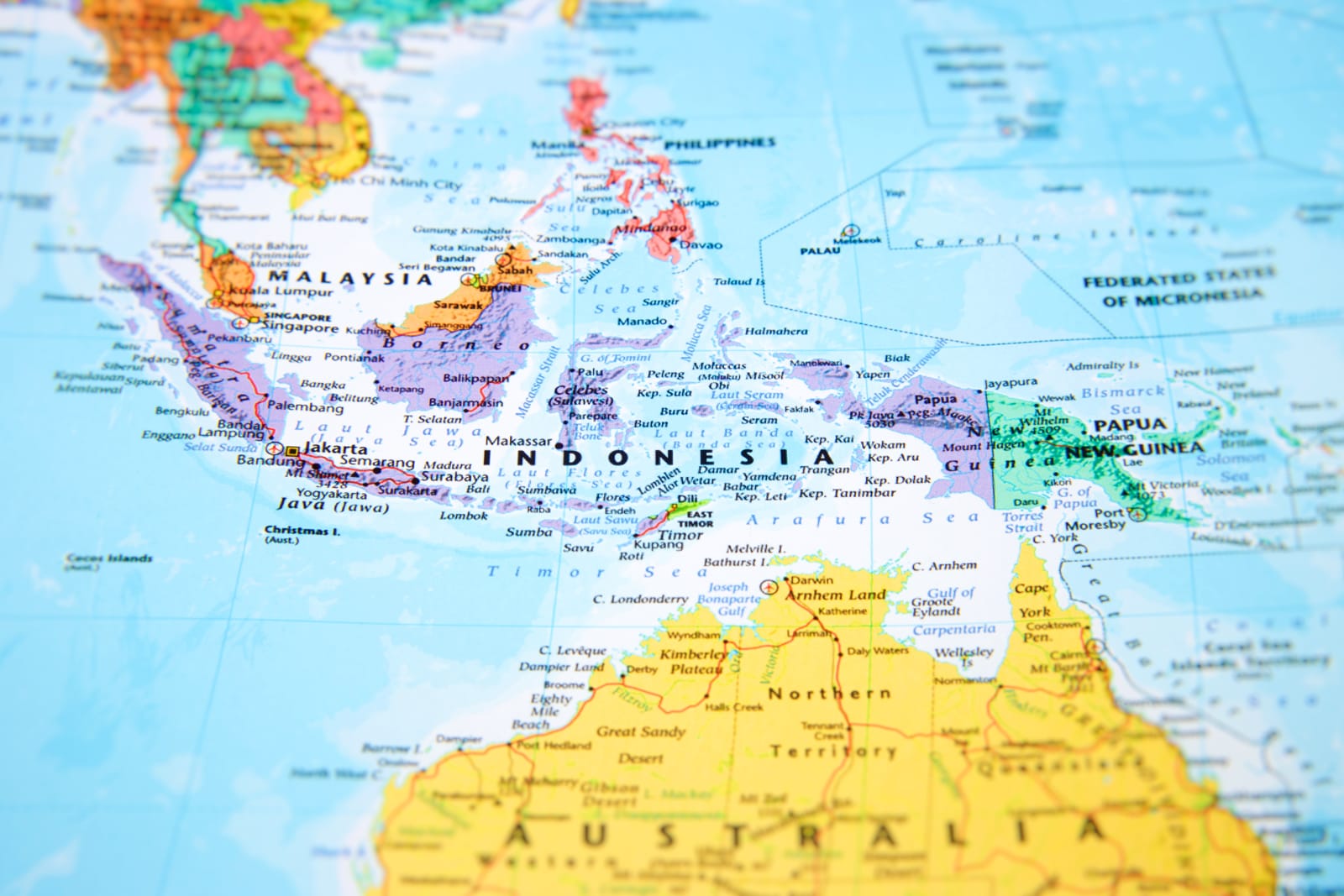Australia is lucky to have Indonesia as a close neighbour. It’s true that Jakarta is often prickly. Indonesia has never been benign and friendly like New Zealand (we couldn’t get that lucky twice), and the early history of Indonesia-Australia relations even includes a military confrontation. Yet despite periods of tumult and tragedy in the relationship, it could have been so much worse for Australia.
To understand the extent of our good fortune, let’s consider the stakes. Indonesia is not just any Southeast Asian nation. With 280 million people Indonesia is 60 per cent larger in population than the next largest Southeast Asian country, the Philippines, and the fourth largest in the world.
According to the World Bank, Indonesia’s GDP is almost three times larger than that of the region’s next biggest economy, Thailand. And we should mention Indonesia’s potential: it might be the fourth-biggest economy in the world by 2050. Of course, long-range forecasts need to be treated with caution, but Indonesia’s economic fundamentals are sound. Mercifully, that is also true of Indonesia’s politics, which has successfully negotiated a remarkable transition to democracy.
Given that Indonesia is climbing fast as an economic power, we should assume its military strength will grow, too.
Then there’s geography. Indonesia is not just the largest country in Southeast Asia by population, economy and territory, it is also the closest to Australia. In my book The Echidna Strategy, I argued that Australia’s biggest strategic asset is distance. But that judgment applies mainly to the threat from China’s military. The value of distance is routinely underestimated in Australia, yet it offers a huge degree of protection because it is so difficult and expensive for China to project military force over vast distances.
These constraints don’t apply to Indonesia which, if it had the military resources, could use its own vast territory to threaten Australia. Indonesia’s military remains weak (there’s Australia’s luck again) but the precondition for military strength is wealth, and given that Indonesia is climbing fast as an economic power, we should assume its military strength will grow too.
That means Australia’s luck will increasingly depend on Indonesian good will. Whether Indonesia is ever a threat to Australia will depend far less on whether it can do us harm, and much more on whether it wants to do us harm.

The downside risks are huge. A wealthy Indonesia which is hostile to Australia would present a much more serious threat to our security than China does. But the opportunity is equal in scale. A wealthy Indonesia engaged in a close military partnership with Australia would be a major security asset for Canberra. Which is why I have written a feature essay for the latest issue of Australian Foreign Affairs calling for Australia to forge a military alliance with Indonesia.
We might never call such an arrangement an alliance, because the Indonesians are allergic to that term. The 1995 “Agreement on Maintaining Security” was the closest the two countries could come to such a deal, and it was soon abandoned over the East Timor intervention. Even the updated 2006 “Framework for Security Cooperation”, or Lombok Treaty, falls short of an alliance. But a new agreement would fulfill the single key requirement for an effective military pact: that it must be based on a commonly perceived threat which the parties to that alliance have a vital interest in meeting.
That threat, of course, is China. But it’s important to be specific about this. The alliance I call for in my article is designed not to exclude China from our region or threaten its vital interests, but solely to prevent Chinese dominance of maritime Southeast Asia. It is impossible for Australia and Indonesia, even with their resources combined, to stop China being the leading power in this part of the world. Nobody, not even the United States, will be able to keep up with the modernisation and expansion of China’s maritime forces.
But thankfully, the job of frustrating any Chinese attempt to dominate maritime Southeast Asia is made easier by the fact that this region is, well, maritime. Recent wars, including the Ukraine conflict, have shown how difficult it is to project force over oceans, and how comparatively cheap and easy it is for even a much weaker military force to prevent it.
So, the purely negative mission I would set for the Indonesia-Australia military pact is the ability to sink ships and down aircraft. In the parlance often used to describe China’s military, it would be an anti-access/area denial force designed solely to ensure that China’s growing fleet could never threaten either country because it would always be at risk of being sent to the bottom.
It's not that a Chinese attack on either country is likely. But the chance to credibly threaten such an attack would colour every interaction with Beijing. Such threats need to be taken off the table to build a sustainable and constructive relationship with China. Yet at the same time, because Indonesia and Australia will always be weaker, they have no interest in threatening China or escalating a confrontation. A military strategy designed solely to nullify Chinese maritime power in Southeast Asia balances these tensions.

